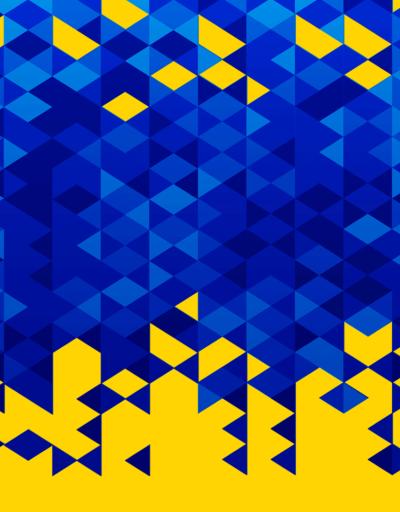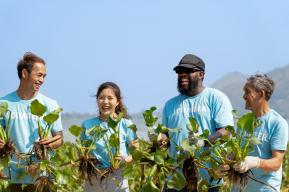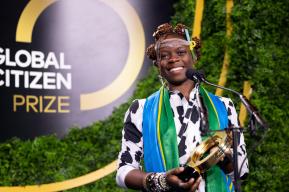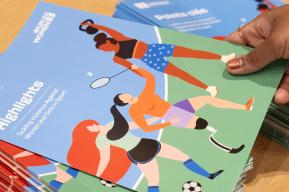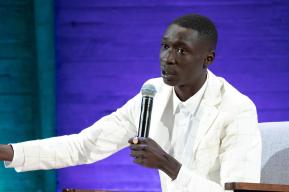In our digital age, the ability to debunk disinformation, misinformation, hate speech and engage with online content in a critical manner through Media and Information Literacy is not just a desirable skill to have, it has become a global necessity. By engaging Meta and its apps’ users, the social media campaign we are launching today exemplifies UNESCO’s long-standing commitment to fostering Media and Information Literacy for all and, through it, a more informed, ethical, and resilient digital community.

On the occasion of the 2023 Global Media and Information Literacy Week (24-31 October 2023), UNESCO launched with the support of Meta a global campaign on Facebook and Instagram to empower young users with the critical thinking skills they need to be resilient to online harmful content. The campaign is taking the form of a Quiz to test the young users’ knowledge and skills on a variety of topics from recognizing manipulated content to understanding the role of journalists in a new digital ecosystem.
The aim of the campaign is to increase the number of social media users globally with skills to create, access, analyse, and interact with online content critically and effectively. By performing the quiz, the users will not only test their knowledge but will be encouraged to use various UNESCO resources on Media Information Literacy (MIL).
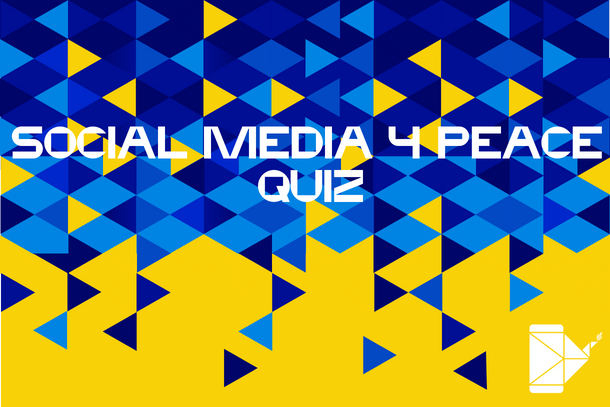
At Meta, we're committed to creating a space for expression and giving people a voice, while maintaining safe and inclusive platforms where people feel empowered to communicate. That's why we developed standards for what is and isn't allowed on our platforms to ensure that people can both express themselves and feel safe. We are happy to join UNESCO’s campaign in Bosnia and Herzegovina to emphasize the importance of media literacy and increase people’s awareness about safe and respectful practices online.
The quiz will be available in English and Bosnian language and promoted particularly among the users in Bosnia and Herzegovina - a target country of the UNESCO project Social Media 4 Peace funded by the European Union. The objective is to replicate the campaign in other languages and countries of the project (Colombia, Indonesia and Kenya) and beyond.
We want to harness the potential of social media platforms for promoting Media and Information Literacy skills in various kind of settings, in particular conflict-prone environments which are the focus of our project.
With the recognition that Media and Information Literacy is at the heart of any long-term solution that aims to safeguard freedom of expression and access to information while dealing with potential harmful content online such as disinformation, misinformation and hate speech, the UNESCO project Social Media 4 Peace has equipped individuals, especially young people, with the essential skills to distinguish truth from disinformation, confront hate speech, and avert conflicts and polarization caused by harmful content online.
Media and Information Literacy is one of the main pillars of UNESCO’s response to disinformation and hate speech, in line with the Windhoek+30 Declaration. Ensuring media and information literacy for all requires a multistakeholder approach. Media and information literacy will be most effectively achieved when all stakeholders within the governance system share a human rights based approach and work collaboratively to achieve it through concrete actions that aim to address these challenges while protecting and promotion freedom of expression and access to information. UNESCO’s Guidelines on digital platforms governance outline a clear path for different stakeholder groups in order to achieve a governance system that can assist in shaping a digital ecosystem where Information is nourished as a public good.


